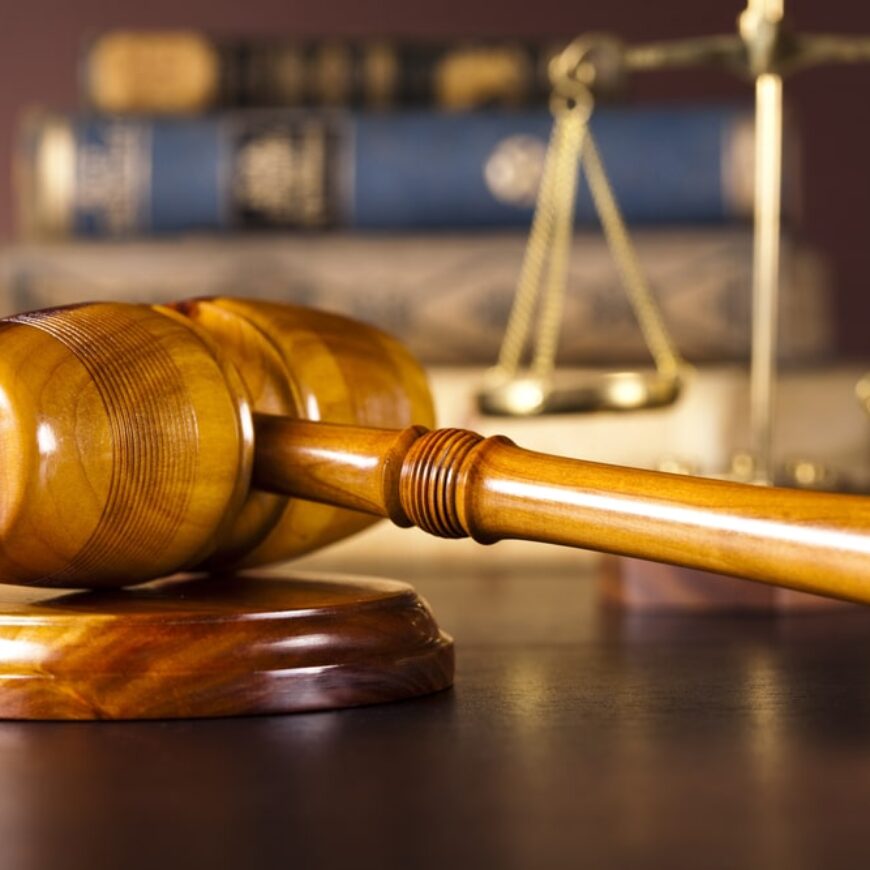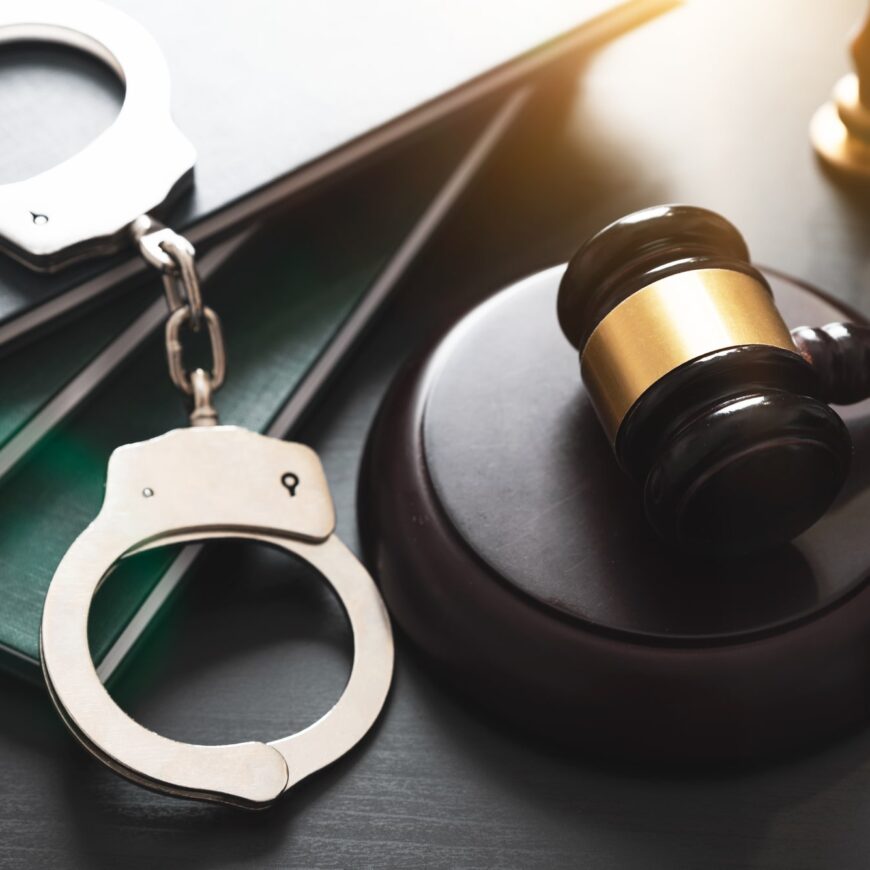Personal Injury Lawyer
When a business is owed money from a client or other business associate, it can be disrupting to the course of that business. In many cases, creditors are forced to go to court to seek a judgment against a debtor. Once you obtain a judgment, the debtor may simply decide to pay you what is owed and that is the end of the issue.
However, this is often not what happens. In fact, getting a legal judgment is often closer to the beginning of the debt collections process than it is to the end of it. That being said, there is good news: a judgment gives creditors many powerful legal tools that can be used to seek repayment. Of course, it is important to understand certain basic information regarding executing judgments as a creditor.
Attorneys have assisted many businesses just like yours in obtaining judgments against debtors and then taking the legal steps necessary to ensure payment is finally received. The following are some important factors that all creditors should know about judgments:
They are not self-enforcing: Once a judgment is entered, some debtors will repay. There is incentive to satisfy a judgment. After all, an outstanding judgment will adversely affect a debtor’s ability to borrow more money in the future. However, in many cases, if you do not take action, you will not receive repayment.
Legal time limits matter: Each state has a statute of limitations on collecting outstanding judgments. While you likely will have plenty of time to do so, it is important to recognize this time limit. There is no benefit in waiting. It is better to take enforcement action as soon as possible. If you wait, you may eventually lose your legal rights.
The judgment can be enforced in many different ways: A judgment is such a powerful debt collection tool because it grants creditors access to many different collection methods. For example, after receiving a judgment from a court, a creditor may be able to seek enforcement through garnishments, attachments, property liens, property levies, bank account liens and even contempt of court proceedings.
Identifying specific assets will help you collect: Even with all the legal tools available, collecting on a judgment can still be difficult. One of the best ways to get it done is to identify a specific asset for which you can seek collection. In some cases, you will be able to collect on the identify assets directly. This strategy can also encourage the debtor to do what it actually takes to get the judgment paid off.
Contact Our Office Today
An experienced business litigation lawyer Melbourne, FL relies on is well-versed in handling all types of business law issues. If your company has any questions about executing a judgment or creditors’ rights in general, please do not hesitate to reach out to an attorney today.
Thank you to our friends and contributors at the Law Offices of Acadier, Biggie & Wood for their insight into business law and creditors.


